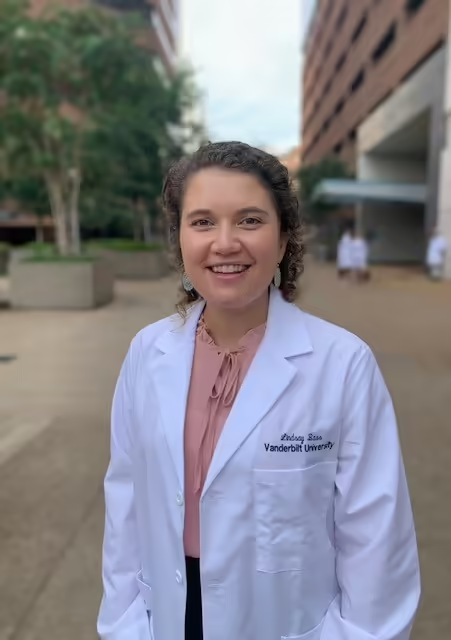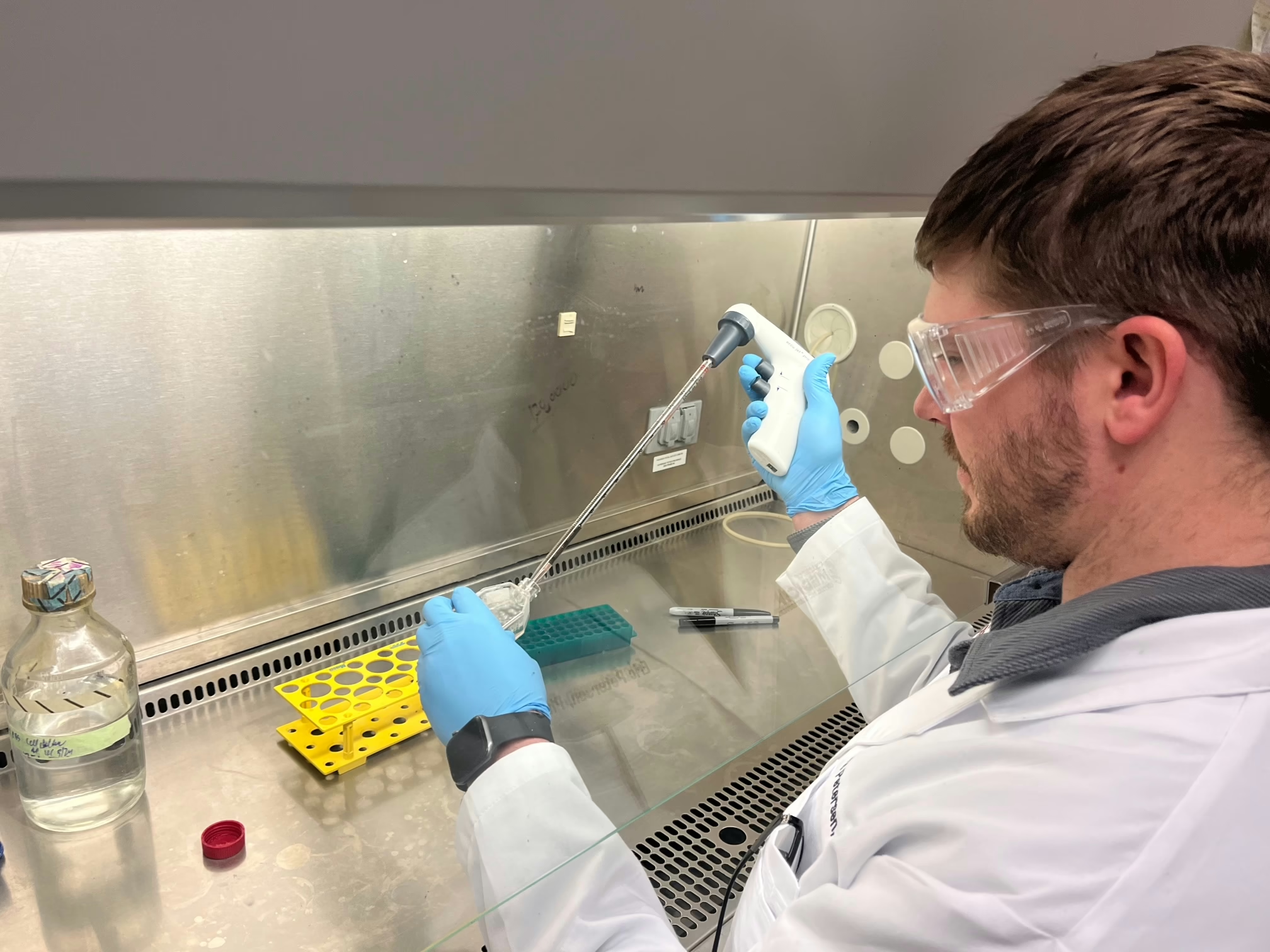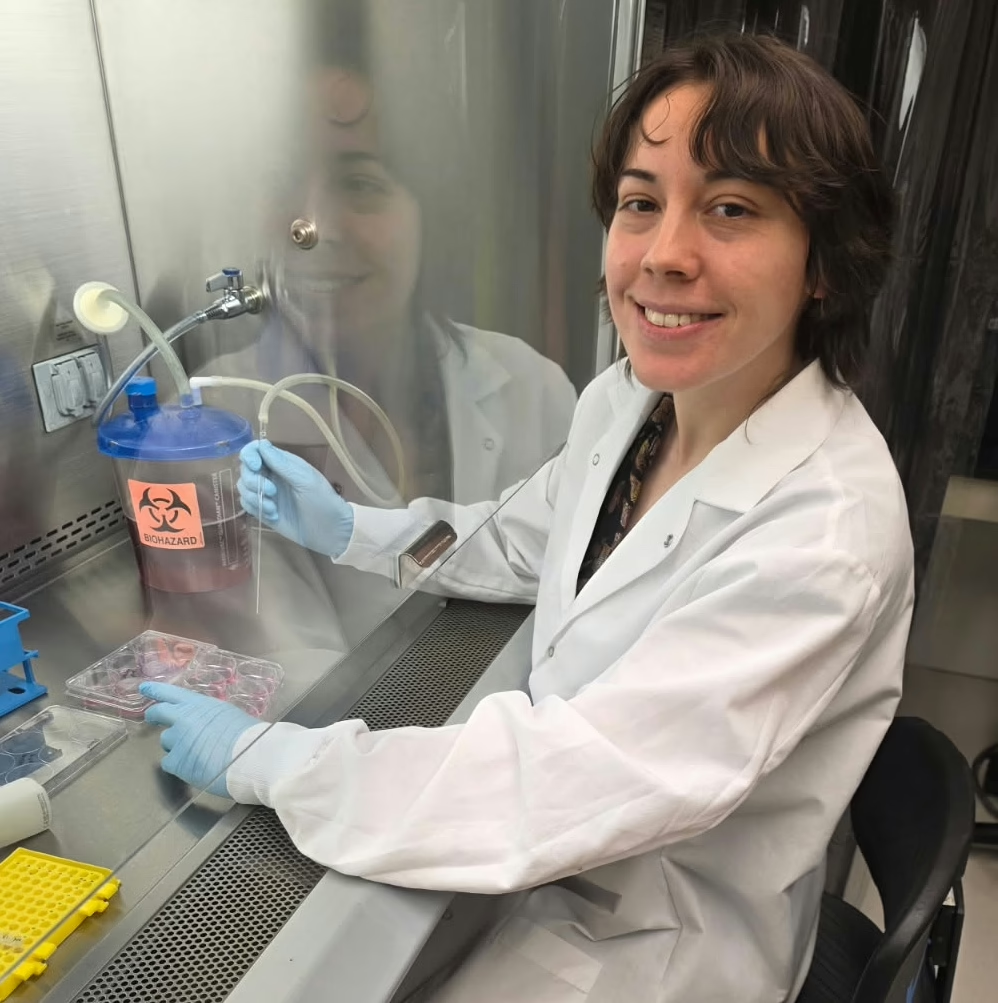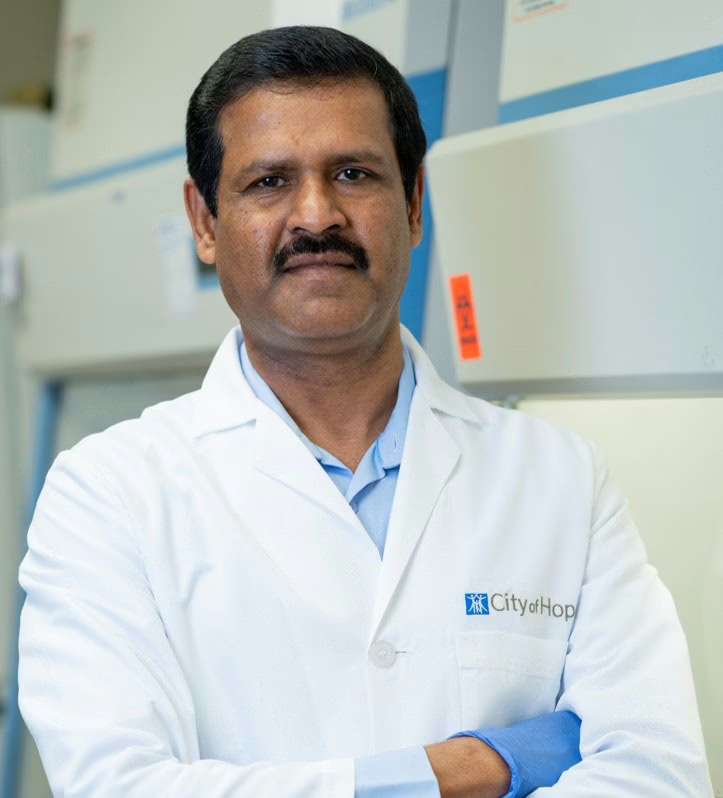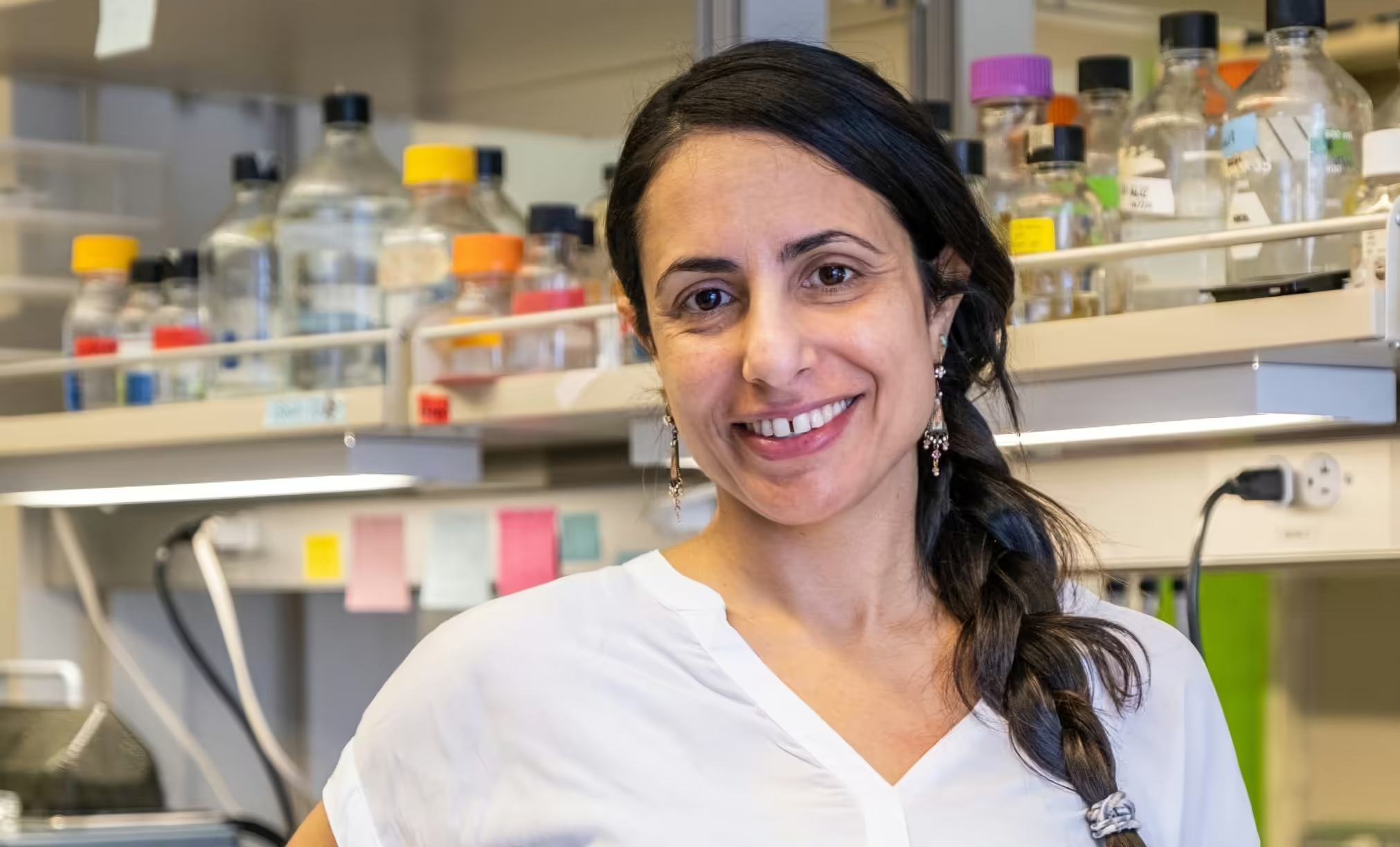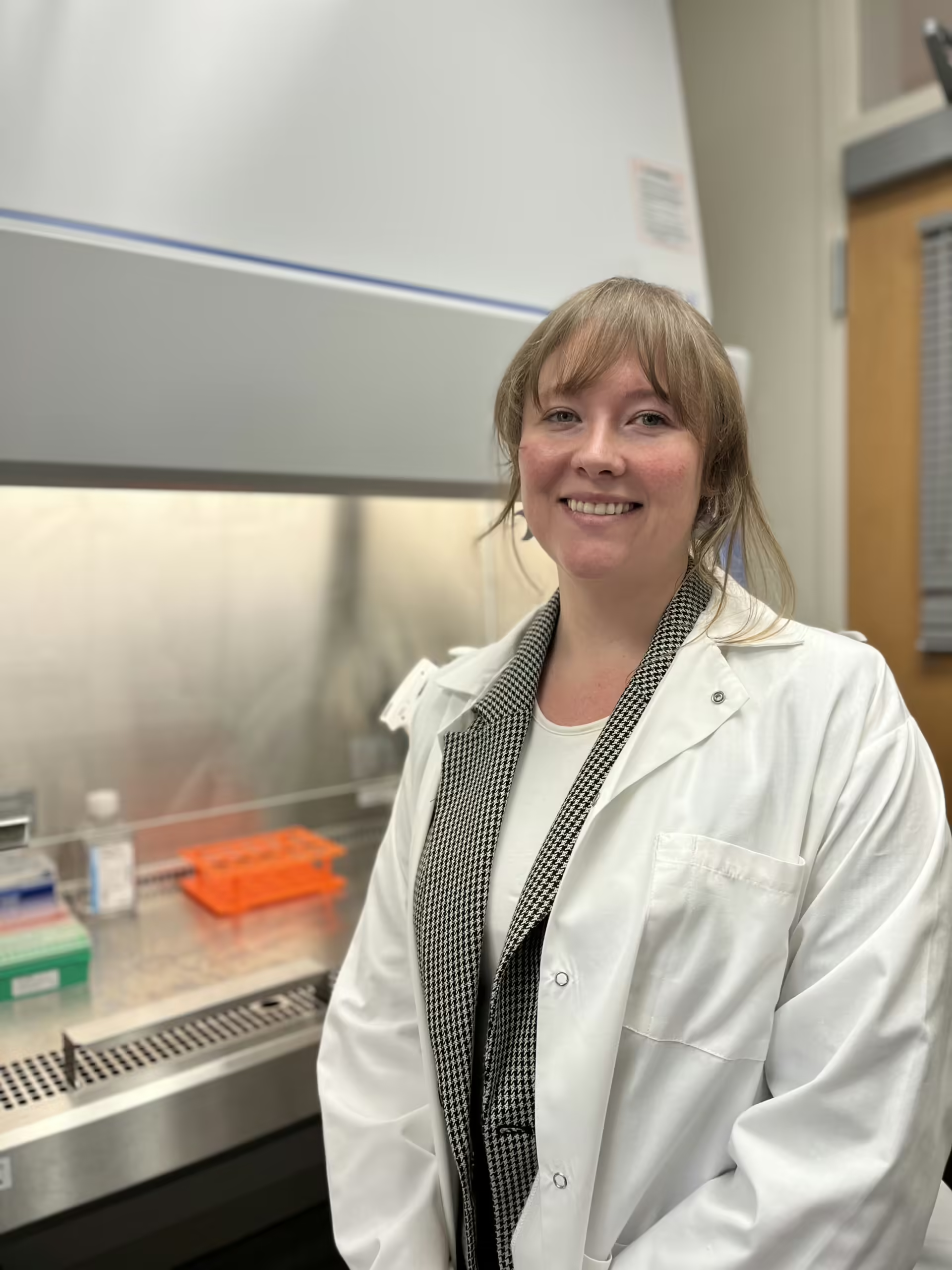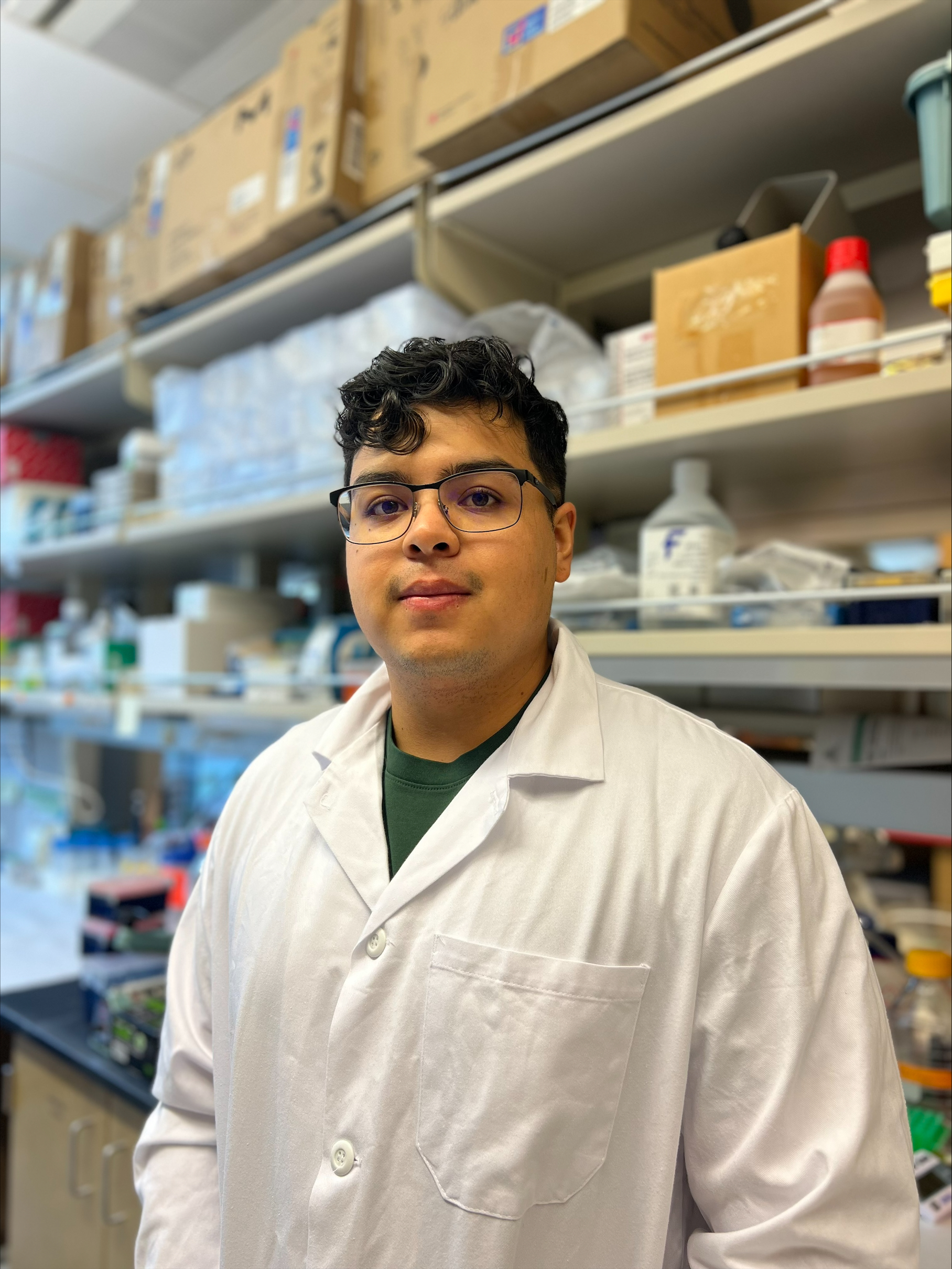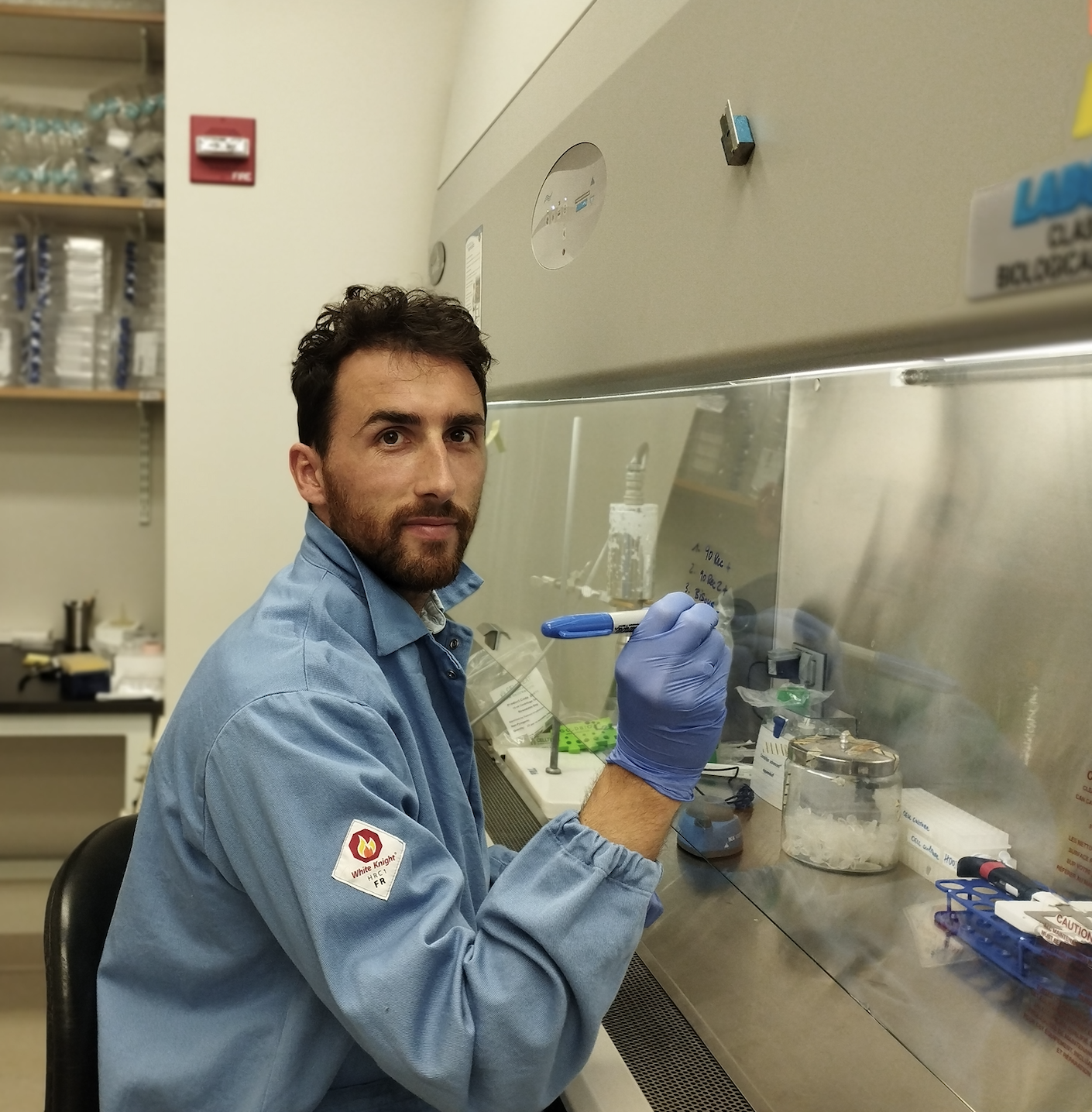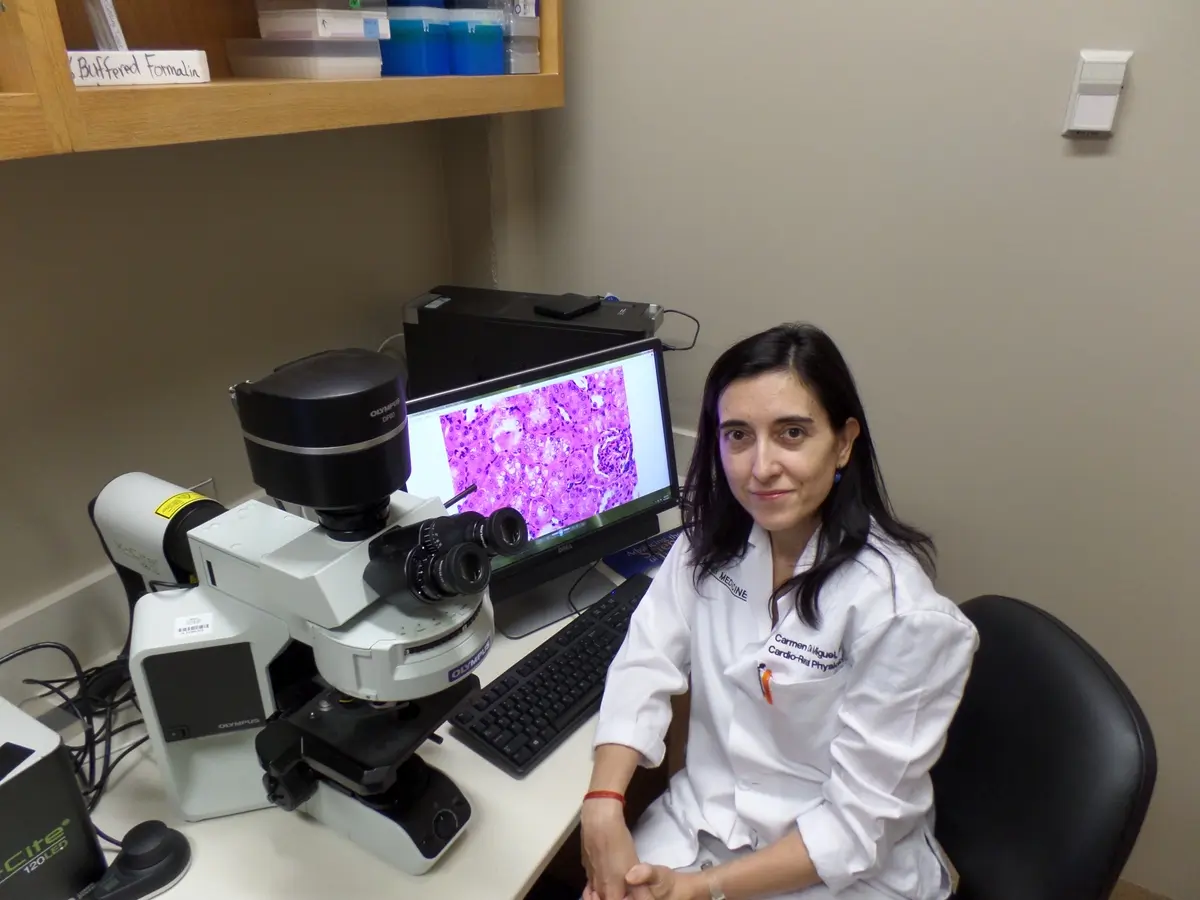Project Description
The immune system, which normally protects us from infection, can improperly attack the insulin-producing beta cells in the pancreatic islets, which leads to type 1 diabetes (T1D). Often, when an individual presents in clinic with T1D symptoms (stage 3 disease), most of their beta cell function has been diminished, and they must begin insulin therapy. We are interested in researching the early phases of human T1D (stage 1 and stage 2 disease), when the immune system has been activated prior to major beta cell dysfunction. Stage 1 and stage 2 T1D are classified by the presence of autoantibodies that bind islet-associated proteins, including insulin. These islet autoantibodies are produced by autoreactive B lymphocytes.
Our lab seeks to understand how autoreactive B lymphocytes acquire the ability to recognize insulin and become specialized to encourage T cells to attack beta cells in human T1D. We will use peripheral blood samples from stage 1 and stage 2 T1D individuals to identify rare insulin-binding B lymphocytes in autoreactive-prone B lymphocyte populations. B lymphocytes use the B cell receptor, the cell-bound form of an antibody, to recognize insulin. We will use innovative single cell techniques that allow simultaneous analysis of the B cell receptor sequence and B lymphocyte gene expression profiles, which can generate over 50 million data points per T1D donor.
Therapies currently studied for the prevention of T1D include those that broadly suppress the immune system, which can be especially risky in children. Our research will establish a profile for “bad” autoreactive B lymphocytes that could guide future targeted T1D therapies that preserve protective B lymphocyte responses. These “bad” autoreactive B lymphocytes could also be tracked to evaluate response to immunotherapy in the future.

